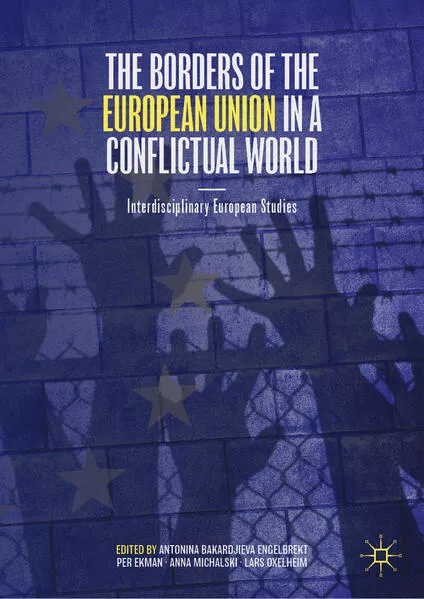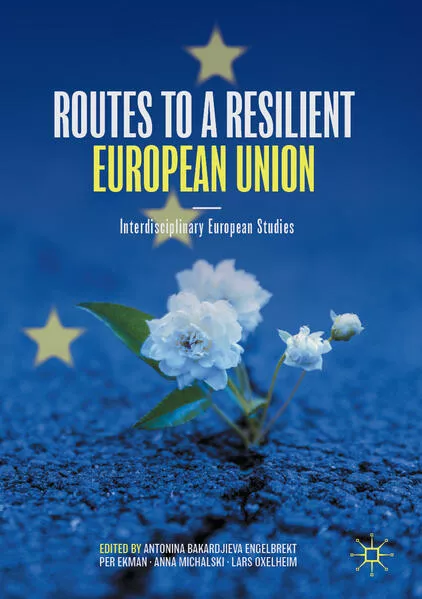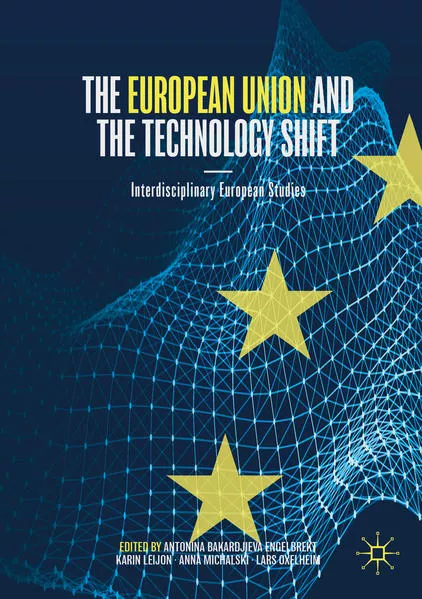
- Publikationen ca: 7
- Fragen & Antworten
Antonina Bakardjieva Engelbrekt
Antonina Bakardjieva Engelbrekt is Professor of European Law in the Faculty of Law, Stockholm University, Sweden, and Chair of the Swedish Network for European Legal Studies. She was Torsten and Ragnar Söderberg Professor of Legal Science (2015-2018). Her research interests include European economic law, processes of Europeanisation and globalization.
Karin Leijon holds a Ph.D. in Political Science and is a researcher in the Department of Government, Uppsala University, Sweden. Her research interests include European legal integration, judicial politics and public administration.
Anna Michalski is Associate Professor in Political Science in the Department of Government, Uppsala University, Sweden and Associate Senior Fellow at the Swedish Institute of International Affairs. She is Chair for the Swedish Network for European Studies in Political Science (SNES). Her research interests include European foreign policy and socialization in international organizations.
Lars Oxelheim is Professor of International Business and Finance at the University of Agder, Norway, and affiliated with the Research Institute of Industrial Economics (IFN), Stockholm, Sweden. His research interests include the interplay between the firm and its macroeconomic environment and, economic and financial integration as well as managerial aspects.
The Borders of the European Union in a Conflictual World
This open access book examines the implications for the EU of a radically changed international context characterized by systemic rivalry, competition over norms and regulations, and growing strategic tension. Globalization that once tied national economies together and internationalized social phenomena, such as education, research and innovation, and tourism, has gone in reverse.
The Borders of the European Union in a Conflictual World
This open access book examines the implications for the EU of a radically changed international context characterized by systemic rivalry, competition over norms and regulations, and growing strategic tension. Globalization that once tied national economies together and internationalized social phenomena, such as education, research and innovation, and tourism, has gone in reverse.
The Borders of the European Union in a Conflictual World
This open access book examines the implications for the EU of a radically changed international context characterized by systemic rivalry, competition over norms and regulations, and growing strategic tension. Globalization that once tied national economies together and internationalized social phenomena, such as education, research and innovation, and tourism, has gone in reverse.
Routes to a Resilient European Union
The fifth volume of the Interdisciplinary European Studies series aims to explore the EU’s pursuit of societal resilience and its role in the transition to a green economy. It brings together scholars from economics, law, and political science to provide insights related to climate change and the protection of the environment, the role of innovation in the green economy, resilience of national public health systems after the COVID-19 pandemic, regulatory resilience in the face of financial instability, and immigration.
Routes to a Resilient European Union
The fifth volume of the Interdisciplinary European Studies series aims to explore the EU’s pursuit of societal resilience and its role in the transition to a green economy. It brings together scholars from economics, law, and political science to provide insights related to climate change and the protection of the environment, the role of innovation in the green economy, resilience of national public health systems after the COVID-19 pandemic, regulatory resilience in the face of financial instability, and immigration.
Routes to a Resilient European Union
The fifth volume of the Interdisciplinary European Studies series aims to explore the EU’s pursuit of societal resilience and its role in the transition to a green economy. It brings together scholars from economics, law, and political science to provide insights related to climate change and the protection of the environment, the role of innovation in the green economy, resilience of national public health systems after the COVID-19 pandemic, regulatory resilience in the face of financial instability, and immigration.
The European Union and the Technology Shift
This book explores the multiple challenges that the global technology shift is posing to the EU. It raises the question of how European societies will mobilize the positive effects of the rapid technological advancement in digitalization, robotization, and artificial intelligence, while mitigating the negative consequences in terms of job losses, cybercrime, and social and political polarization.






